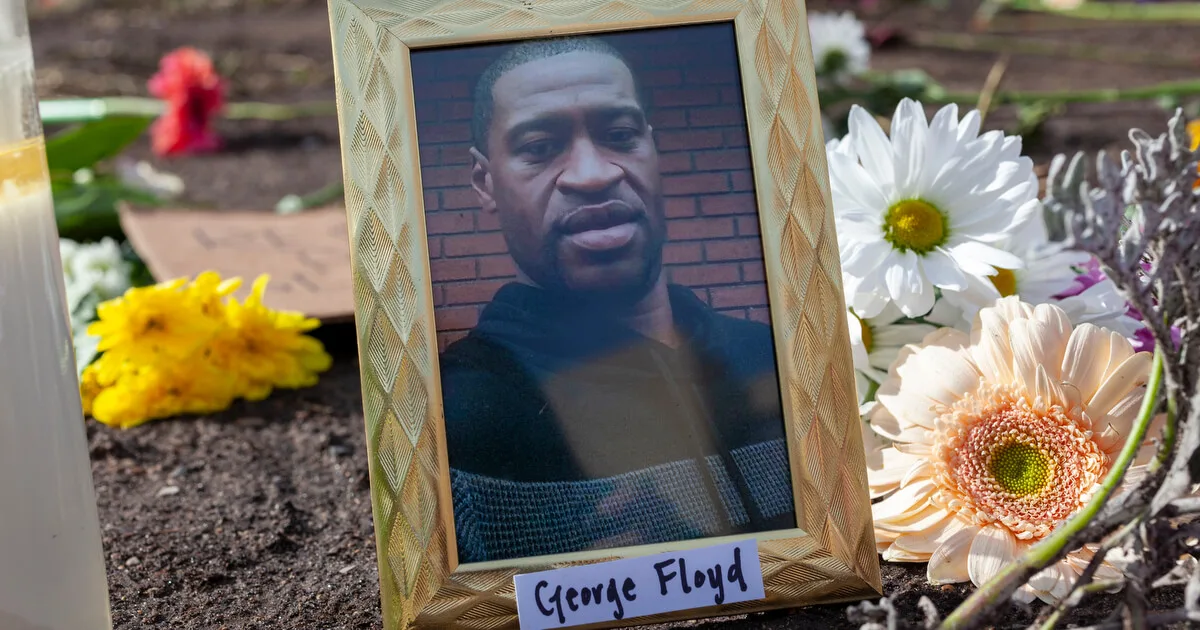
#image_title
#image_title
More bills await a vote in both the Senate and Assembly as the state inches toward reforms.
The Wisconsin Senate on Tuesday passed four police reform bills, the first legislative action to change law enforcement policy since last year’s mass protests began after the murder of George Floyd by a then-Minneapolis police officer.
The bipartisan bills make incremental, but not transformative, changes to state law. They would require the state Department of Justice (DOJ) to publish an annual report on police use-of-force incidents, establish a DOJ grant program for cities with 30,000 or more residents to fund a community-oriented policing (COP) house program such as the nationally renowned one in Racine, require departments to publish their use-of-force policies online, and order changes to Milwaukee and Madison’s police and fire commissions.
All the measures passed Tuesday are part of a larger bipartisan package cosponsored by Sens. Van Wanggaard (R-Racine) and Lena Taylor (D-Milwaukee). They are unrelated but generally similar to the 18 police reform recommendations released last month by the Assembly Speaker’s Task Force on Racial Disparities, which was formed after a Kenosha police officer shot Jacob Blake seven times last August. It is unclear if the Assembly will take up the Senate proposals, and vice versa.
“This doesn’t solve every problem, but I think that this really shows that there is transparency and areas where we can make that a little bit better and collect a little more information and be able to allow that information to be out into the community,” said Wanggaard, a former Racine police officer, Monday in a virtual luncheon during which he and Taylor discussed the bills ahead of the vote.
RELATED: Racial Disparities Task Force Releases 18 Police Reform Recommendations
Taylor, a vocal opponent of Milwaukee’s city government and a former mayoral candidate, was the sole Democrat to vote in favor of the bill that forces changes on the police and fire commissions in the state’s two largest cities. Other Democratic senators said those decisions should be left up to the individual cities.
The American Civil Liberties Union (ACLU) of Wisconsin also objected to a provision in the bill that would force the city’s mayors to appoint one commissioner recommended by the local police union. That police union-endorsed commissioner would also have to serve on a three-person panel that disciplines or fires officers.
“Police unions should not be able to appoint members to the organizations charged with police oversight, let alone have an automatic spot on the three-member panel that decides on complaints and assesses discipline against police officers,” Tomás Clasen, the ACLU’s community engagement manager, said in a statement. “It’s a clear conflict of interest.”
Clasen said the ACLU is also opposed to the COP House grant bill, saying: “Police houses just provide an additional, unnecessary police presence in communities that are currently targeted by police.”
Another high-profile bill in the package that has not yet come to a vote would prohibit police from using chokeholds except in life-or-death circumstances, a recommendation the racial disparities task force also made. The potentially lethal tactic isn’t trained in Wisconsin, but there is nothing in state law currently limiting or banning its use.
Activists against police brutality, including some on the task force, want chokeholds banned entirely, but Republicans and police have resisted an outright prohibition, arguing officers should be able to defend themselves in life-or-death situations without resorting to a firearm.
In the virtual luncheon, Taylor hinted at supporting a full chokehold ban but said the partial ban is a good start.
“I wasn’t gonna let the perfect get in the way of the good, and I want us to be able to say that we’re not in the same place,” Taylor said.
Politics

New Biden rule protects privacy of women seeking abortions
Under the new rules, state officials and law enforcement cannot obtain medical records related to lawful reproductive health care with the goal of...

Biden marks Earth Day by announcing $7 billion in solar grants
The Biden administration on Monday announced the recipients of its Solar For All Program, a $7 billion climate program that aims to lower energy...
Local News

Stop and smell these native Wisconsin flowers this Earth Day
Spring has sprung — and here in Wisconsin, the signs are everywhere! From warmer weather and longer days to birds returning to your backyard trees....

Your guide to the 2024 Blue Ox Music Festival in Eau Claire
Eau Claire and art go hand in hand. The city is home to a multitude of sculptures, murals, and music events — including several annual showcases,...



